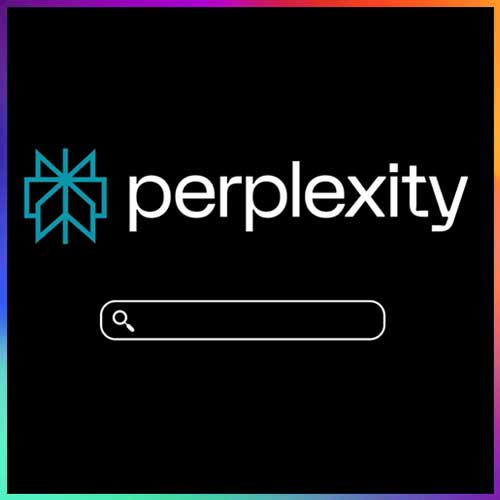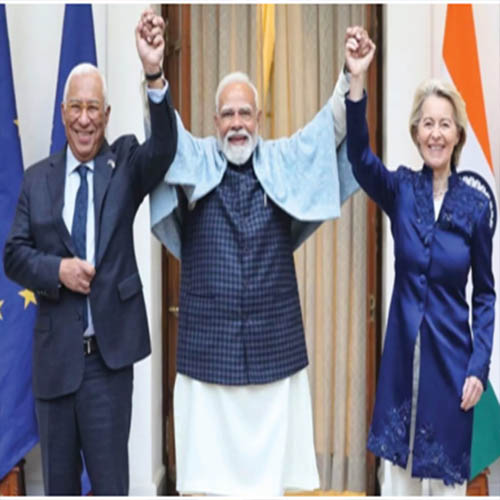
Perplexity AI, the rising star in the generative search landscape, is not just entering the Indian market—it is making India the central strategic engine of its global ambition. Led by CEO Aravind Srinivas, Perplexity's core mission is to replace traditional hyperlinks with dynamic, real-time, and verifiable AI-generated answers, positioning itself as a "search index for AI."
This strategy goes far beyond simply acquiring users; it is a high-stakes gamble on India as both the innovation crucible and the primary source of operational and intellectual talent needed to challenge tech giants like Google.
Perplexity's rapid ascent in India began with a crucial partnership with telecom giant Bharti Airtel, which bundled the AI search app into its mobile plans. This move immediately propelled the Perplexity app to the top of the iOS App Store charts, serving multiple strategic purposes:
• Massive User Adoption: The Airtel tie-up democratizes access in a price-sensitive market, potentially onboarding millions of tech-savvy, English-proficient users overnight.
• Data Flywheel: More users translate directly into a richer, localized stream of training data. This data is essential for refining Perplexity’s models to handle the nuances of multilingual and regional queries, a persistent weakness in Western-centric AI systems.
• Cost Efficiency: Leveraging the Indian market allows Perplexity to establish engineering hubs where top talent can be accessed at a significantly lower cost compared to Silicon Valley.
CEO Aravind Srinivas is explicitly urging Indian founders to shift their mindset: not to settle for operational roles in established companies, but to strive for the creation of the "next Google"—a call intended to catalyze homegrown IP that can rival Silicon Valley.
It’s time to navigate Talent and regulatory deadwinds:
While the promise of India is immense, Perplexity must successfully navigate two significant barriers: Srinivas argues that Silicon Valley remains a meritocratic haven where execution triumphs over pedigree, a view bolstered by Perplexity’s own swift rise to a $1 billion valuation with $250 million in funding. However, the reality of soaring H-1B visa fees and declining lottery odds complicates the movement of skilled Indian talent to the U.S.
To mitigate this, Perplexity is embracing a hybrid model: establishing key engineering and policy hubs in India while maintaining access to the Valley for essential personnel. This blends the cost benefits of the Indian labor market (where engineers earn significantly less than their U.S. counterparts) with the necessary exposure to Silicon Valley's cutting-edge developments.
India's regulatory environment, marked by data localization mandates and uneven digital infrastructure, poses a scaling risk. Perplexity's planned policy advocacy efforts and commitment to establishing Indian engineering hubs signal a proactive strategy to address these issues. The company is also advocating for investment in GPU farms and sovereign AI funds to foster national AI capabilities.
Perplexity's long-term play for defensibility is manifested in its proprietary browser, Comet. Comet is positioned as more than a simple tab manager; it is an autonomous sidekick built for the "agent-first" AI era.
Srinivas believes that as AI commoditizes the underlying models, defensibility will migrate to superior indexing, seamless browsing, and sticky user ties. Comet integrates natively with Perplexity’s agentic AI to perform complex tasks—from assembling personalized music queues to retrieving precise clip cues from videos—moving far beyond the passive search query model.
This strategy challenges the very foundation of the link-economy dominated by Google. By providing highly accurate, cited answers inline, Perplexity aims to lock in user loyalty, betting that transparency and superior utility will make it the trusted "honest broker" in a field increasingly plagued by AI hallucinations. If successful, this hypergrowth model could yield asymmetric returns, potentially valuing the firm at $5–$10 billion by 2027 if agent adoption accelerates globally.
See What’s Next in Tech With the Fast Forward Newsletter
Tweets From @varindiamag
Nothing to see here - yet
When they Tweet, their Tweets will show up here.





























